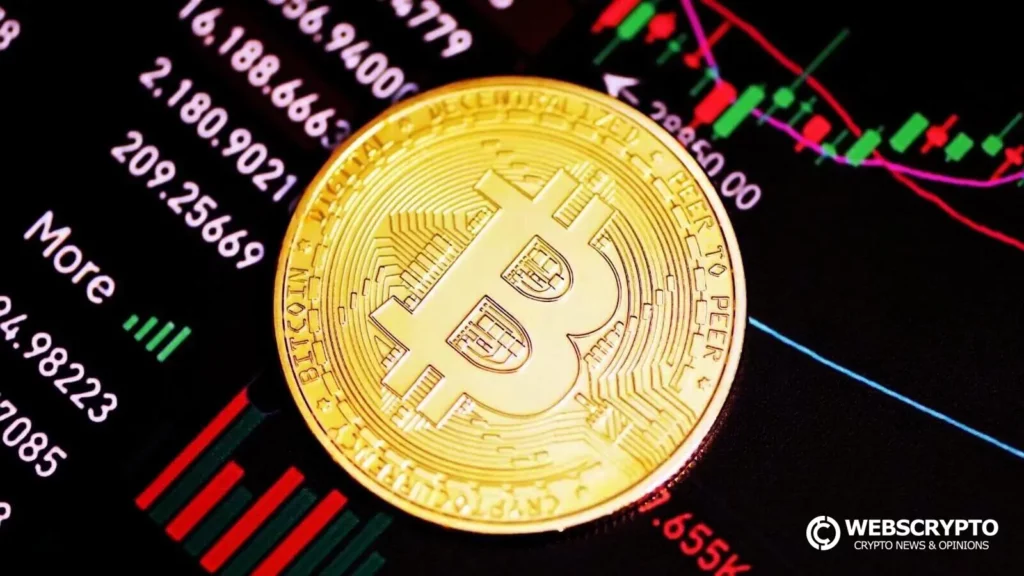The cryptocurrency market has witnessed significant shifts, with Bitcoin BTC 5.05% (BTC) emerging as the dominant player. As of late, Bitcoin’s dominance in the cryptocurrency market has surpassed 49%, marking its highest level in over two years. This surge in dominance is not just a random occurrence but is backed by a series of events and factors that have played out over the past months.
Bitcoin’s price has remained relatively stable over the past month, with its current price hovering around $30,934. However, its market dominance has been steadily increasing, posing potential risks to other cryptocurrencies in the sector.
The Bitcoin market dominance rate, which essentially tracks Bitcoin’s share in the total digital asset market, peaked at 50.2% recently. This is its strongest level in a month and is nearing the 26-month high of 52% that was achieved at the end of June.
Diving deeper into the historical data, Bitcoin’s market dominance fluctuated between 39% and 49% for over two years. It was only in June that it surged to 52%, following BlackRock’s filing for a spot BTC exchange-traded fund (ETF). This move by BlackRock ignited hopes of massive inflows into Bitcoin, further solidifying its dominant position.
Markus Thielen, the research head at crypto services provider Matrixport, shed light on this phenomenon in a recent interview. He highlighted that Bitcoin has been experiencing more “potential buying pressure” from the ETF listings. In contrast, alternative cryptocurrencies, commonly referred to as altcoins, might be on the verge of a downturn. Thielen pointed out several factors that could be detrimental to the altcoin market, including declining Ethereum ETH 3.20% protocol revenues, upcoming token unlocks, and the bankruptcy of exchange FTX’s token sales.
Furthermore, macro analyst Noelle Acheson emphasized that Bitcoin could potentially benefit from the latest regulatory changes proposed by the New York Department of Financial Services (NYFDS). These changes include stricter rules for listing cryptocurrencies on exchanges. At the same time, Bitcoin has been green-listed as a digital asset, allowing license holders to list or custody it without facing additional regulatory challenges.






